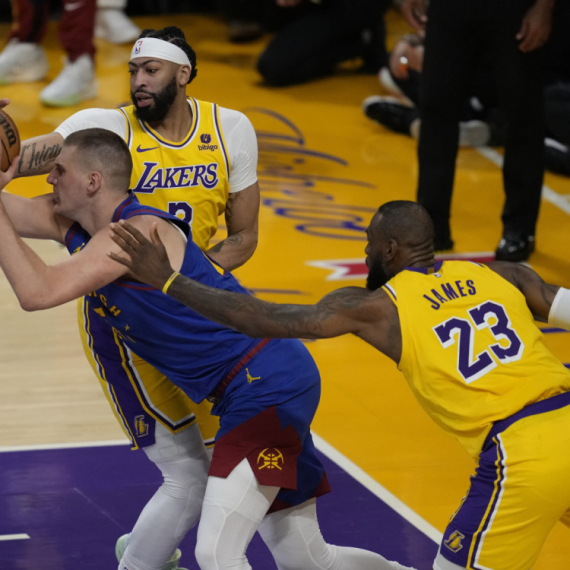“U.S. presidential election process is complicated, archaic”
Moscow believes that the U.S. presidential election process is complicated, archaic and decentralized.
Friday, 26.10.2012.
13:53

MOSCOW Moscow believes that the U.S. presidential election process is complicated, archaic and decentralized. Russian Foreign Ministry Spokesman Alexander Lukashevich has said that despite the fact that the process was flawed, international observers do not monitor the elections. “U.S. presidential election process is complicated, archaic” He told a press conference in Moscow on Friday that “the U.S. election process has its flaws in terms of its compliance with acknowledged criteria and standards”. Lukashevich noted that the U.S. president was not elected directly by people, but by an electoral college. Voters in each state select a list of electors. “And the election process itself is complicated, archaic and decentralized,” he added. “International observers are very important in such conditions,” the Foreign Ministry’s spokesman said and noted that Russia’s efforts to organize a real monitoring of the election had failed. According to him, OSCE Office for Democratic Institutions and Human Rights has double standards and sends 500-600 observers to certain countries while “the monitoring of the election process either is not conducted or is minimal in other countries”. Lukashevich said that such an “odd attitude” would be compensated by efforts of the OSCE Parliamentary Assembly that would send a group of 100 people to the U.S., including a dozen Duma MPs and members of the Federation Council. He noted that another problem was the fact that the U.S. did not have a national system for accreditation of international observers. The foreign observers will only monitor the election process in four states – Missouri, South and North Dakota and New Mexico, as well as in the District of Columbia. Lukashevich added Russian Embassy’s diplomats would organize the monitoring of the elections in Washington, New York, San Francisco, Seattle and Houston on November 6 and that Russian Foreign Ministry's Ombudsman for Human Rights Konstantin Dolgov and that Public Relations Committee’s delegation would join them. U.S. President Barack Obama has in the meantime cast his vote in Chicago. Barack Obama is seen at a polling station in Chicago (Beta/AP) Tanjug
“U.S. presidential election process is complicated, archaic”
He told a press conference in Moscow on Friday that “the U.S. election process has its flaws in terms of its compliance with acknowledged criteria and standards”.Lukashevich noted that the U.S. president was not elected directly by people, but by an electoral college. Voters in each state select a list of electors.
“And the election process itself is complicated, archaic and decentralized,” he added.
“International observers are very important in such conditions,” the Foreign Ministry’s spokesman said and noted that Russia’s efforts to organize a real monitoring of the election had failed.
According to him, OSCE Office for Democratic Institutions and Human Rights has double standards and sends 500-600 observers to certain countries while “the monitoring of the election process either is not conducted or is minimal in other countries”.
Lukashevich said that such an “odd attitude” would be compensated by efforts of the OSCE Parliamentary Assembly that would send a group of 100 people to the U.S., including a dozen Duma MPs and members of the Federation Council.
He noted that another problem was the fact that the U.S. did not have a national system for accreditation of international observers.
The foreign observers will only monitor the election process in four states – Missouri, South and North Dakota and New Mexico, as well as in the District of Columbia.
Lukashevich added Russian Embassy’s diplomats would organize the monitoring of the elections in Washington, New York, San Francisco, Seattle and Houston on November 6 and that Russian Foreign Ministry's Ombudsman for Human Rights Konstantin Dolgov and that Public Relations Committee’s delegation would join them.
U.S. President Barack Obama has in the meantime cast his vote in Chicago.




























Komentari 13
Pogledaj komentare